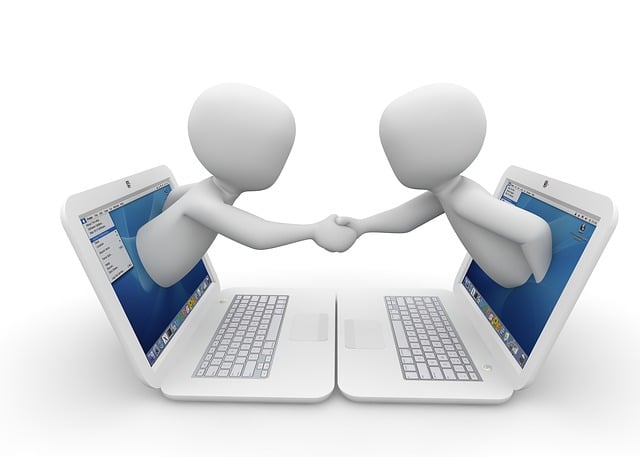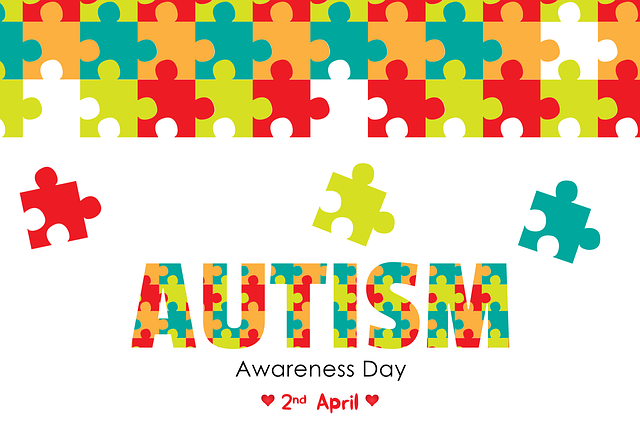Marketing automation for engagement is revolutionizing business-customer interactions in the digital era. Through AI chatbots and tools like CRM, companies personalize communications based on data analysis, fostering emotional connections and enhancing customer satisfaction. This strategy drives sales, re-engages inactive subscribers, and builds strong relationships leading to long-term loyalty. Measuring success through KPIs such as redemption rates, conversion rates, and retention rates, optimizes campaign strategies for engaging and successful loyalty initiatives.
In today’s competitive landscape, fostering customer loyalty is paramount for business success. Building effective loyalty programs leverages marketing automation for engagement, creating a win-win scenario where customers enjoy personalized experiences and businesses cultivate repeat business. This article delves into understanding customer loyalty and its immense value, explores powerful automated engagement tools and strategies, and provides insights on measuring the success of these initiatives through key performance indicators (KPIs).
- Understanding Customer Loyalty and Its Value
- Automating Engagement: Tools and Strategies
- Measuring Success: Key Performance Indicators for Loyalty Programs
Understanding Customer Loyalty and Its Value

Customer loyalty is a powerful asset for any business, fostering long-term relationships and driving repeat purchases. It’s more than just retaining customers; it involves creating an emotional connection and a sense of belonging. Understanding this dynamic is key to successful marketing strategies. In today’s competitive market, businesses must recognize that loyal customers are valuable advocates who contribute significantly to their brand’s success.
Marketing automation for engagement plays a pivotal role in cultivating loyalty. Tools like AI chatbots and text message marketing can personalize interactions, offering targeted promotions or support. An ecommerce solution enhanced by these automated tools can provide tailored recommendations, creating a unique and satisfying customer experience. By leveraging technology, businesses can efficiently nurture relationships, ensuring satisfied and loyal patrons who become brand ambassadors.
Automating Engagement: Tools and Strategies

In today’s digital era, marketing automation for engagement is a game-changer for fostering customer loyalty. Automated engagement tools enable businesses to personalize and streamline communication with customers, creating a seamless and satisfying experience. By leveraging Customer Relationship Management (CRM) systems, brands can collect and analyze vast amounts of customer data, allowing them to send targeted messages based on individual preferences and behaviors. For instance, missed call text back services provide an immediate response to customer inquiries, enhancing satisfaction levels.
These tools go beyond basic email marketing by offering a comprehensive suite of options, such as automated social media posts, personalized product recommendations, and dynamic website content. In the realm of ecommerce, these solutions can drive sales and increase customer retention. For example, an automated discount code sent to inactive subscribers can re-engage them, encouraging repeat purchases. This strategic approach ensures that every customer interaction is optimized, building stronger relationships and fostering long-term loyalty.
Measuring Success: Key Performance Indicators for Loyalty Programs

Measuring success is a vital aspect of any loyalty program, and defining Key Performance Indicators (KPIs) is essential to understanding how well your automated engagement strategies are performing. These KPIs should align with your business goals and provide a clear picture of customer behavior and satisfaction. Some critical metrics include redemption rates, which gauge how frequently rewards or benefits are claimed, indicating customer engagement and interest. Conversion rates from non-loyalty customers to loyal ones is another significant indicator, showing the program’s effectiveness in fostering long-term relationships.
Tracking customer retention is also crucial; a high retention rate suggests that your loyalty initiatives are successful in keeping members engaged over time. Additionally, analyzing the impact of marketing automation for engagement, such as email and text message marketing, through open rates, click-throughs, and conversion data from CRM systems, will provide insights into the most effective communication channels and campaign strategies.
Building a strong customer loyalty program through automated engagement tools can significantly enhance customer retention and drive business growth. By understanding customer loyalty’s value and leveraging marketing automation for engagement, businesses can create personalized experiences that foster deeper connections. Measuring success through key performance indicators allows for continuous improvement, ensuring the loyalty program remains relevant and effective in today’s competitive market. With the right strategies and technologies, automated engagement becomes a powerful tool to build lasting customer relationships.
